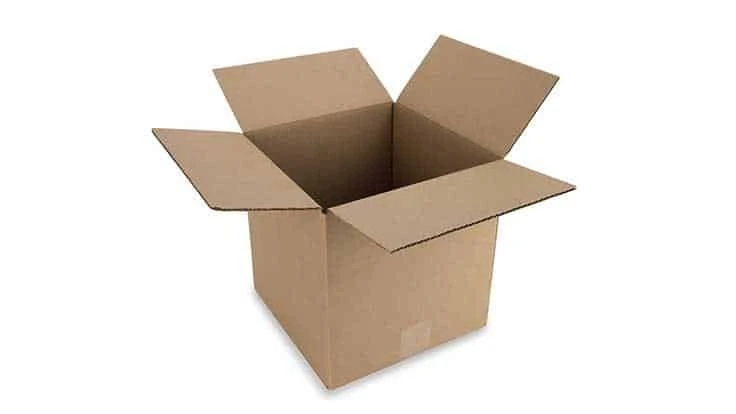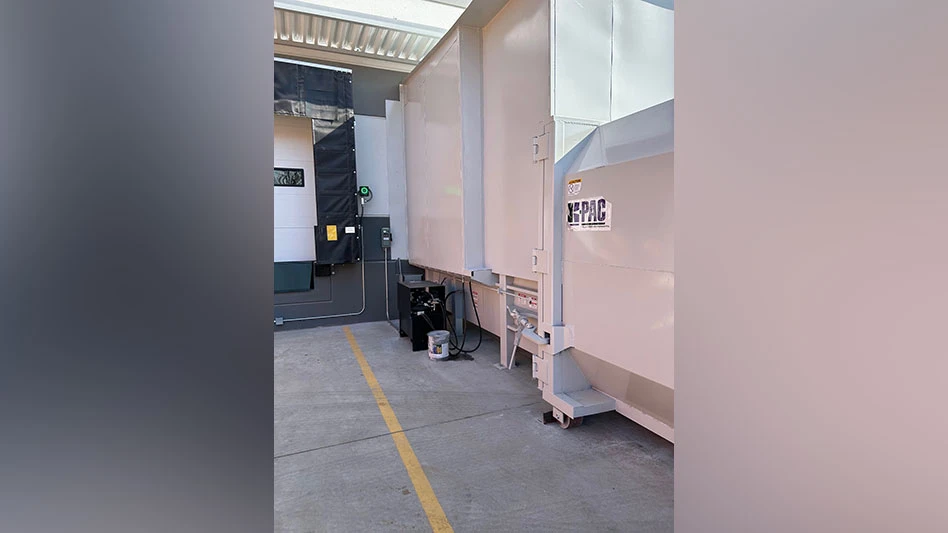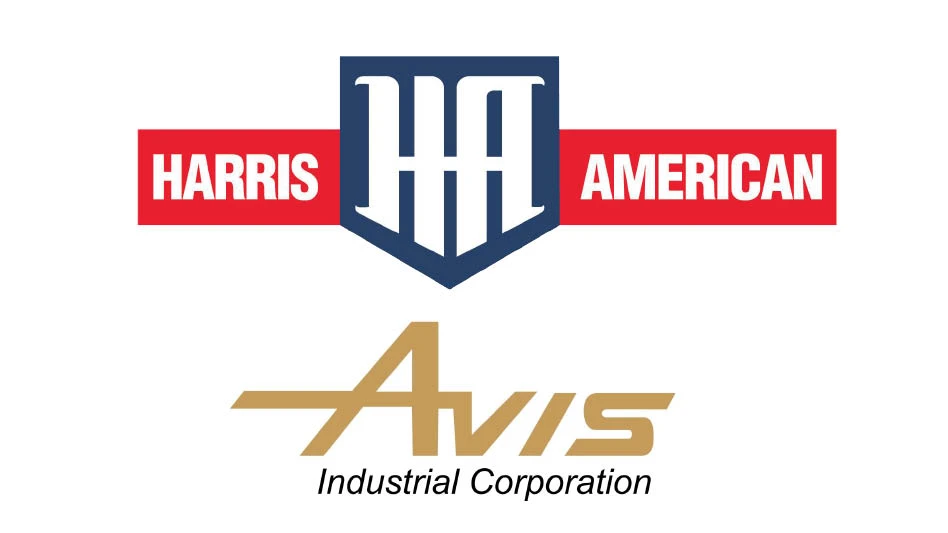
© Plasticrobot - Dreamstime.com
In the summer of 2019, London-based DS Smith, a global provider of sustainable packaging, had expressed its interest in wanting to grow its footprint in North America. The company started to do just that after acquiring North America-based Interstate Resources, Corrugated Container Corp. and The Display Connection in recent years. In June 2019, the company also opened a new North American headquarters in Atlanta.
“2019 has been a big year for DS Smith both with expansions to our footprint and adding to the leadership team in North America,” says Toby Earnest, director of recycling for DS Smith North America. “We broke ground on a state-of-the-art, 500,000-square-foot box plant in Lebanon, Indiana, back in January, which is opening very soon with its first box run just in time for the holidays.”
Heading into 2020, Earnest says the company’s next milestone will be to open a recycling facility in Reading, Pennsylvania. He adds that expansions and growth will continue in 2020 across the U.S.
The new recycling facility will complement the company’s existing paper mills and box plant in Reading, Earnest says. The Reading paper mill is a 100-percent-recycled-medium mill.
“We’ve operated a paper mill and box plant in Reading for several years,” Earnest says. “That affords us the perfect opportunity and location to have a recycling facility.”
Earnest says the 52,000-square-foot Reading recycling plant will operate like a paper packing facility, collecting double-lined kraft (DLK), old corrugated containers (OCC), several high grades of recovered fiber and pulp substitutes from local shopping centers, third-party haulers and nearby packaging companies. The company has installed conveyor systems with feed drives at the facility and it will feature sorting stations and a Harris baler, Earnest says. It will also use LED lighting to make the facility more energy efficient.
A large portion of the material at the recycling facility is expected to be consumed at the Reading mill and other DS Smith mills. Earnest says the Reading location is “close enough to the ports” so the company can export to its distribution channels overseas as well.
“We’re happy to get that plant started … we’re excited for the potential it has,” Earnest says, adding that the company expects to share more details on that facility in the first quarter of 2020.
Packaging predictions
DS Smith has seen a lot of demand from consumers for circularity in 2019, and Earnest says he expects that demand to increase in 2020 and beyond.
“DS Smith is working to make circular packaging a reality,” he says. “This means reducing the creation and use of single-use packaging, such as coffee cups or e-commerce packages and keeping these materials out of landfills. This also means we need to reduce our reliance on plastics and focus on paper-based, fully recyclable plastic alternatives. Consumers and brands demand this, too. We want to make everything recyclable so the materials can be used in the circular economy.”
As e-commerce continues to gain traction in the retail sector, Earnest says brands will also continue looking for solutions to make packaging more efficient and sustainable.
In the future, he says DS Smith also expects to see lighter weight boxes that maintain strength and structure. Another trend he says he expects will grow is reduced amounts of paper used in packaging. Also, Earnest says DS Smith predicts that more companies will use fully recyclable coating son packaging of wet and cold materials instead of wax so that these boxes can enter the recycling stream after use.
“Circularity will continue to drive packaging innovation in the near-term, as will market demand for recyclable and sustainable packaging,” he says.
Get curated news on YOUR industry.
Enter your email to receive our newsletters.Latest from Recycling Today
- Enfinite forms Hazardous & Specialty Waste Management Council
- Combined DRS, EPR legislation introduced in Rhode Island
- Eureka Recycling starts up newly upgraded MRF
- Reconomy Close the Gap campaign highlights need for circularity
- Nickel carbonate added to Aqua Metals’ portfolio
- EuRIC, FEAD say End-Of-Life Vehicle Regulation presents opportunity for recyclers
- Recyclers likely to feel effects of US-China trade war
- BCMRC 2025 session preview: Navigating battery recycling legislation and regulations






